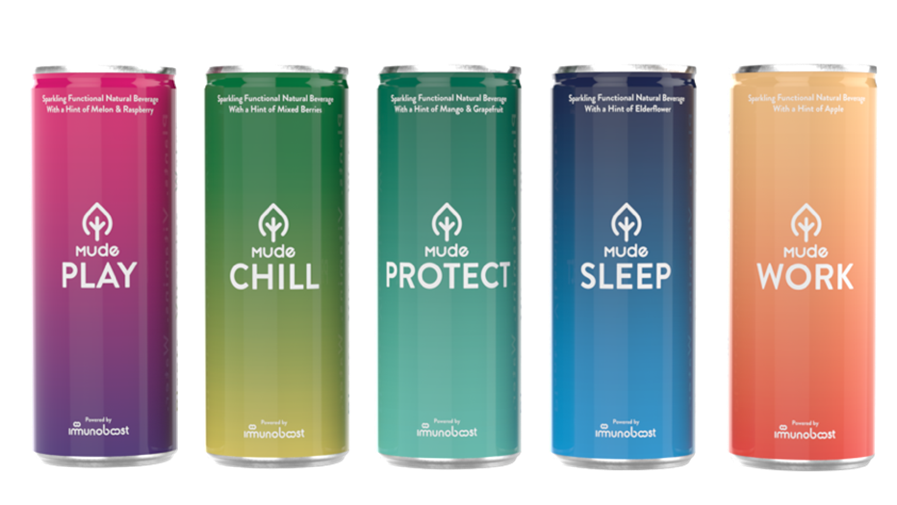“If someone had told me before how difficult it is to adhere to a gluten-free diet, I would have thrown up my hands … I wouldn’t have believed it!” – Dustin (Participant #46)
CENTENNIAL, Colo. (PRWEB)
March 05, 2021
From birthday parties to taking communion, gluten-containing foods such as cake and bread are central to celebrations and rituals. Commensality, or the act of eating in a social setting, imposes difficulties for those with gluten sensitivities because of our gluten-centric culture. The new book, Gluten-Centric Culture – The Commensality Conundrum presents the results of a nationwide, intensive study of the social aspects of living with food sensitivities or celiac disease. It incorporates data from over 600 survey participants and nearly 70 extensive interviews. The book explains how cultural ideologies such as religious beliefs, the popular media, the government, corporations, and rules of etiquette, affect elements of life at the dinner table, church, school, the medical examination room, restaurants, and even in the bedroom!
Roughly 95 million Americans—one in every three people—react negatively to gluten (Fasano, et al., 2015; Fine, 2003). Yet, “going gluten free” is considered a fad, ridiculed in contemporary culture, denigrated by culinary luminaries, and even refuted by the Pope. Celiac disease affects one in every 100 people in the United States (celiac.org). Currently, the only treatment option for those with celiac disease is a strict gluten-free diet for life (Fasano & Catassi, 2012). This means that virtually every bite of food must be scrutinized for hidden gluten. When describing how the diet influences his life, study participant Dustin says: If someone had told me before how difficult it is to adhere to a gluten-free diet, I would have thrown up my hands … I wouldn’t have believed it! – Dustin (Participant #46)
While some study participants describe functional family scenarios, many report living in homes where others continually challenged their “gluten-free” lifestyle. Participants describe situations where around the dinner table, in restaurants, churches or colleges, do not honor their food-disabilities. Some describe stories of being doubted by the medical community, resulting living with a misdiagnosis such as a brain tumor or stomach cancer, for years before understanding their troubles were caused from celiac disease. Since gluten-containing food is ubiquitous in traditional rituals such as pizza night, Easter bread, and Christmas cookies, successfully living a gluten-free lifestyle means that you and everyone around you have to adapt to new practices and beliefs.
“Once I conducted an applied study, I found it shocking how living with food sensitivities affects nearly every aspect of daily life. From the in-depth interviews, I learned how people have adapted and even transformed their lifestyle to gracefully live within the constraints imposed by gluten avoidance. Now I want to share what I learned with you.” – Dr. Duane
This work features many narratives from study participants as commonly held “truths” are challenged with a diagnosis that defies cultural norms. Later chapters press the “rewind” button on scenarios, providing empowering ways to gracefully navigate life with non-gluten-free family and friends. Throughout, Dr. Duane intersperses her own stories highlighting personal challenges as well as the quotations of study participants. Readers gain a deeper understanding of cultural influences that subjugate those living with food sensitivities or celiac disease in this illuminating, sometimes humorous, and often surprising work.
“I realized the question isn’t ‘what’s for dinner,’ but rather, ‘how do I gracefully navigate social scenarios with people I love without alienating them, or compromising my health?’” – Dr. Duane
This book covers all aspects of living with food sensitivities and celiac disease illustrating how given “truths” do not serve us, offering new language to have those meaningful discussions with family and friends, and provides beautiful transformation stories of how participants described their new gluten-free lifestyles.
Celiac.com’s Journal of Gluten Sensitivity is pleased to announce that social scientist Dr. Jean Duane shall publish her new book Gluten-Centric Culture – The Commensality Conundrum in the Journal. Each quarterly edition will feature a new chapter. To read Chapter 1 please visit: https://www.celiac.com/articles.html/gluten-centric-culture-the-commensality-conundrum-chapter-1-are-you-kidding-r5467/
References:
Fasano, A., & Catassi, C. (2012). Celiac disease. The New England Journal of Medicine, 267(25), 2419-2426. doi: 10.1056/NEJMcp1113994
Fasano, A., Sapone, A., Zevallos, V., & Schuppan, D. (2015). Nonceliac gluten and wheat sensitivity. Gastroenterology, 148, 1195-1204. doi: 10.1053/j.gastro.2014.12049
Fine, K. (2003). Early diagnosis of gluten sensitivity: Before the villi are gone. Transcript of talk given to the Greater Louisville Celiac Sprue Support Group. Retrieved November 10, 2018 from https://www.enterolab.com/StaticPages/EarlyDiagnosis.aspx
About the Author
Dr. Jean Duane is a social scientist and author of Gluten Centric Culture – The Commensality Conundrum, which summarizes a nation-wide study on understanding the social aspects of food/gluten sensitivities and celiac disease. Additionally, she wrote Bake Deliciously! Gluten and Dairy Free Cookbook and The Complete Idiot’s Guide to Gluten Free Cooking Cookbook. Dr. Duane produced several spots for Comcast’s Video on Demand, made television appearances on PBS and has been a featured speaker at two International Association for Culinary Professionals’ Conferences and at the Gluten Intolerance Group of North America’s International Conference. Dr. Jean Duane is a certified chef, has an MBA, and a PhD. A researcher, cooking instructor, speaker, and magazine writer, she won Kiplinger’s “Dream in You” contest in 2006. Jean can be reached via alternativecook.com.















